Over the years, we’ve followed Luffy’s journey in One Piece, witnessing his transformation from a spirited kid to a budding pirate. Currently, we’re keeping up with Monkey D. Luffy, the captain of the Straw Hats Grand Fleet and the Emperor of the Sea.
Needless to say, it has been a pleasure to see Luffy’s genuine personality and essence persist, even as his prowess in battle continues to grow with each passing arc. However, none of us could have foreseen that the rookie we met in episode one would evolve into one of the most feared pirates at sea. I mean, we anticipated it, but it took 26 years to reach where we are today.
Throughout the series, we’ve also witnessed the evolution of Luffy’s powers. We’ve seen at least five of his gears, his immense proficiency in Haki, and, of course, his unparalleled brilliance in battle. If you find yourself a bit perplexed about the intricate details of his Devil Fruit and its powers, worry not – allow me to explain.
What is Luffy’s Devil Fruit?

For a long time – 25 years, to be exact – we believed Luffy’s fruit to be the Gum-Gum Fruit, and while that’s not entirely wrong, it’s also not entirely right either. In reality, Luffy’s Devil Fruit is actually the Human-Human Fruit, Model: Nika. We find this out during Kaido and Luffy’s battle in Wano, as the Straw Hat’s fruit awakens, completely changing his appearance.
This Devil Fruit is a strand of the Human-Human Fruit – similar to Chopper’s. It is a Mythical Zoan-type fruit that turns its user into the mythical warrior known as “Sun God Nika.” It changes Luffy’s body all white – hair, clothes, everything – and ultimately, the only limitation to his power is his creativity, which makes it practically boundless.
Ultimately, he is capable of turning all his surroundings and opponents into rubber, but, of course, while transforming into the legendary figure. For years, no one knew this fruit existed, as it was renamed by the World Government as the “Gum-Gum fruit” in hopes of hiding its existence. Only Imu and the five elders are known to be aware of the fruit, to the point where Saturn immediately recognizes Nika upon seeing Luffy.
What are the Gears in One Piece?

Throughout the One Piece arcs, we see Luffy devising techniques to enhance his physical abilities in battle, using the rubber properties of his Devil Fruit. Gear 2 and Gear 3 made their debut in Enies Lobby, named as the second and third alternatives to his normal state, respectively. Gear 4 appeared in Dressrosa for the first time, and his awakening, Gear 5, as he called it, occurred during Wano.
Naturally, all of the Gears have repercussions on his body. Gear 2 initially shortened Luffy’s lifespan due to the strain on his body and organs, but that has ceased. Similarly, Gear 4 also limited Luffy’s capacities for a while after being used, rendering him unable to use Haki or the Gear for some time. Gear 5, thus far, appears to be the most tiring of all, causing Luffy to age temporarily once used.
What is Gear 2?
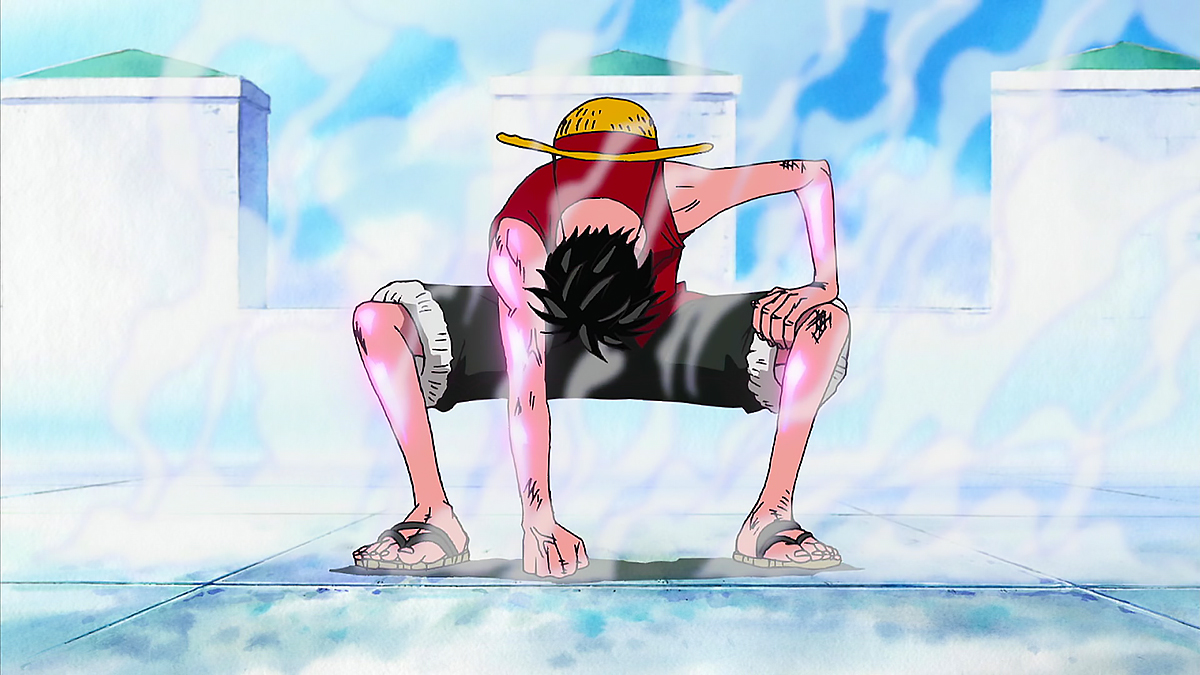
As mentioned earlier, Gear 2 is the first technique we witness Luffy use in action. He first uses it in Enies Lobby, where he accelerates the flow of his blood within his blood vessels and organs — thanks to their rubber properties, which allow them to withstand this.
This process ensures that oxygen and nutrients are pumped throughout his body, significantly enhancing his capabilities and amplifying his speed. Even today, Luffy continues to frequently use Gear 2, especially in conjunction with his attack, Red Hawk.
What is Gear 3?
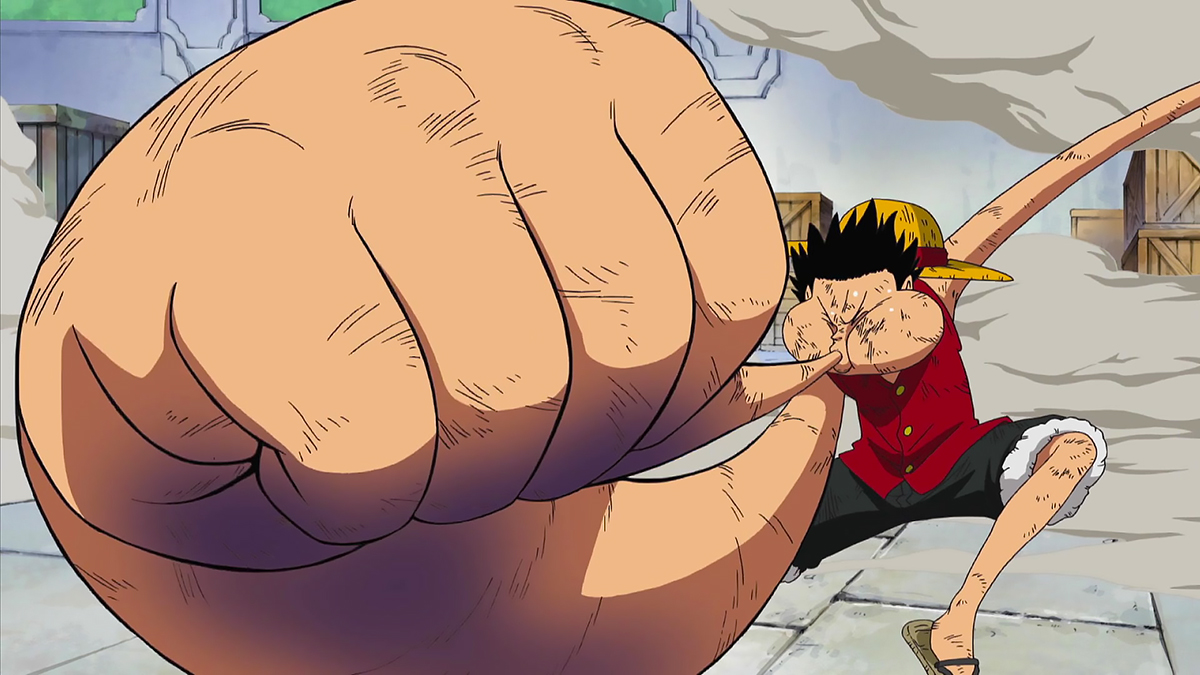
Gear 3 was also introduced for the first time in Enies Lobby. The way it works is slightly less complicated than Gear 2, but it’s just as impressive. Luffy is able to blow a ridiculously large amount of air into his thumb, inflating the bones of that particular part of the body. This way, his inflated body is capable of inflicting damage on a large scale, to his opponents or even buildings. Nowadays, we’ve also seen Gear 3 being used with Haki in Wano.
What is Gear 4?
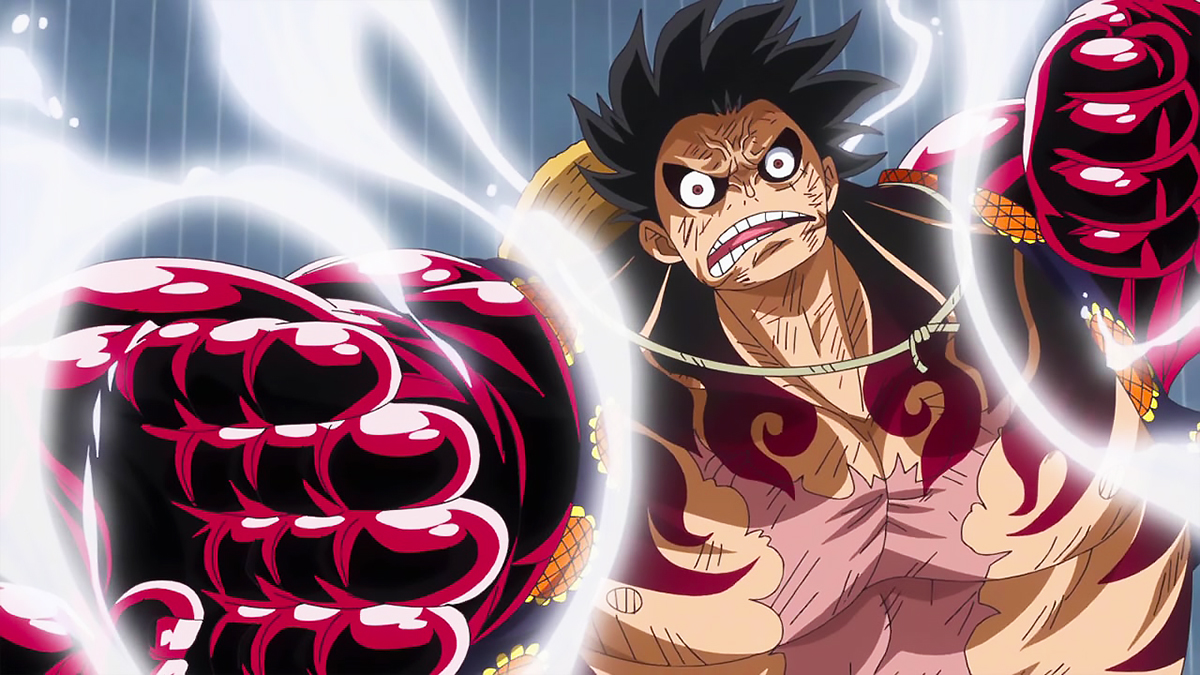
Gear 4 is slightly more complex in terms of its powers. Luffy first developed this technique during his two-year training with Rayleigh, and he activates Gear 4 by blowing on his arm. This action leads him to take on one of three different forms: Boundman, resembling a rubber ball that bounces constantly; Tankman, which makes Luffy much larger in size and enables him to use his body to deflect attacks; and finally, Snakeman, where he becomes slimmer and focuses on offense, attacking with his speed.
What is Gear 5?
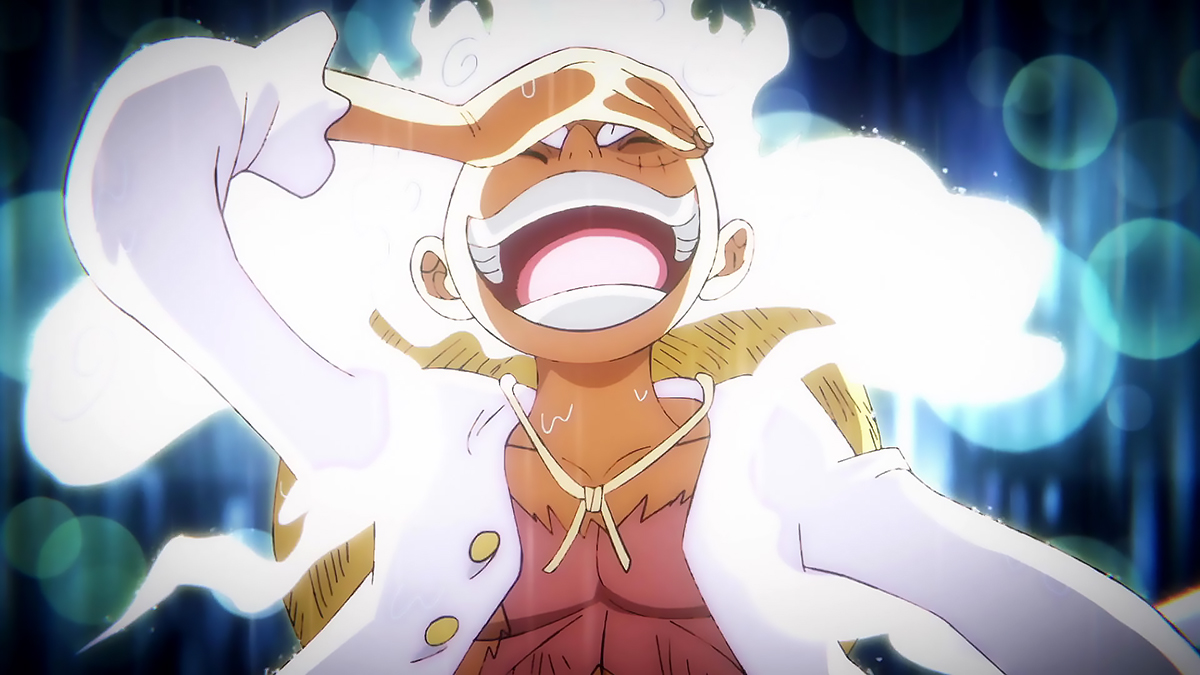
As I mentioned before, Gear 5 is, at its essence, the awakening of the Human-Human Model: Nika Devil Fruit. It was first introduced during the Raid on Onigashima in Kaido’s battle, and this fruit hadn’t been awakened since the void century. This makes Luffy capable of freely manipulating his environment into rubber, changing the shape and size of his body at will, and granting him god-like strength and speed.
Ultimately, this awakening was described as “the most ridiculous power in the world,” as it grants its wielder the ability to fight in any way they please, able to grab even thunder and lightning out of the sky and turn it into rubber. He becomes a “Warrior of Liberation,” bringing joy and freedom to everyone around him. What’s more, he appears to be able to use Gear 5 for as long as he forces his beat to the rhythm of the Drums of Liberation. This is Luffy’s strongest Gear and form thus far in the story.
We still don’t know how Luffy’s power can evolve from this point onwards – but at the same time, we had no idea this is where we’d be after so long engrossed in the story. It’s a matter of time to wait if Eiichiro Oda surprises us once more with Luffy’s powers, but in the meantime, these were all the Gears.

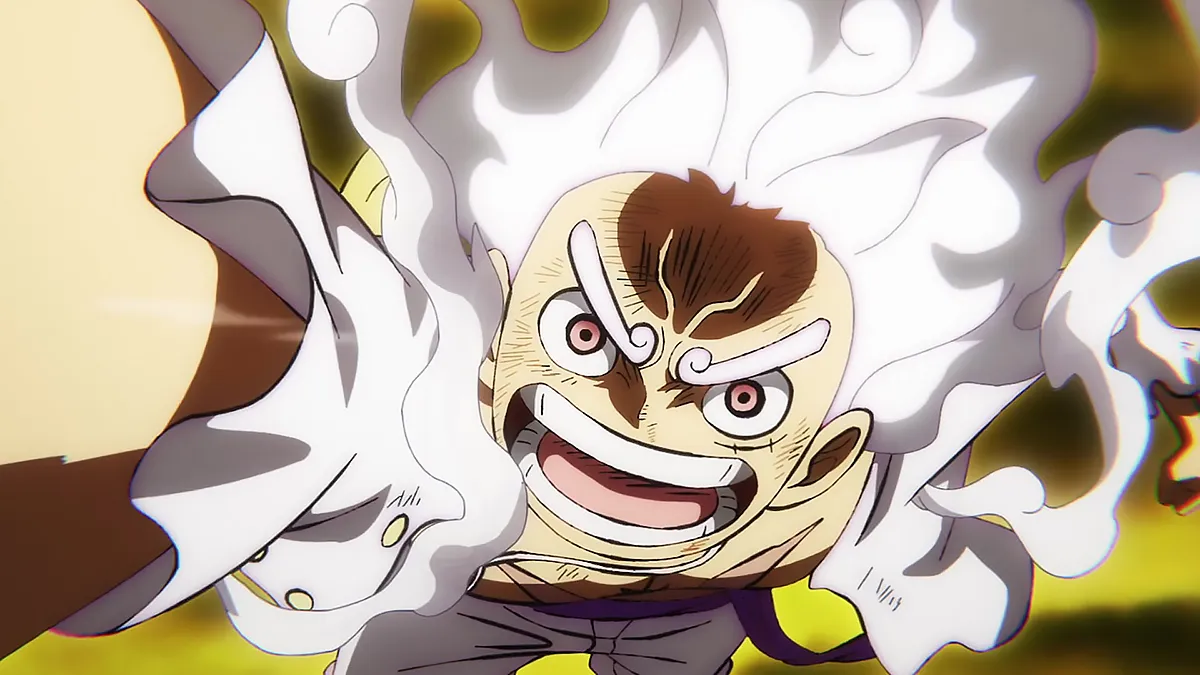

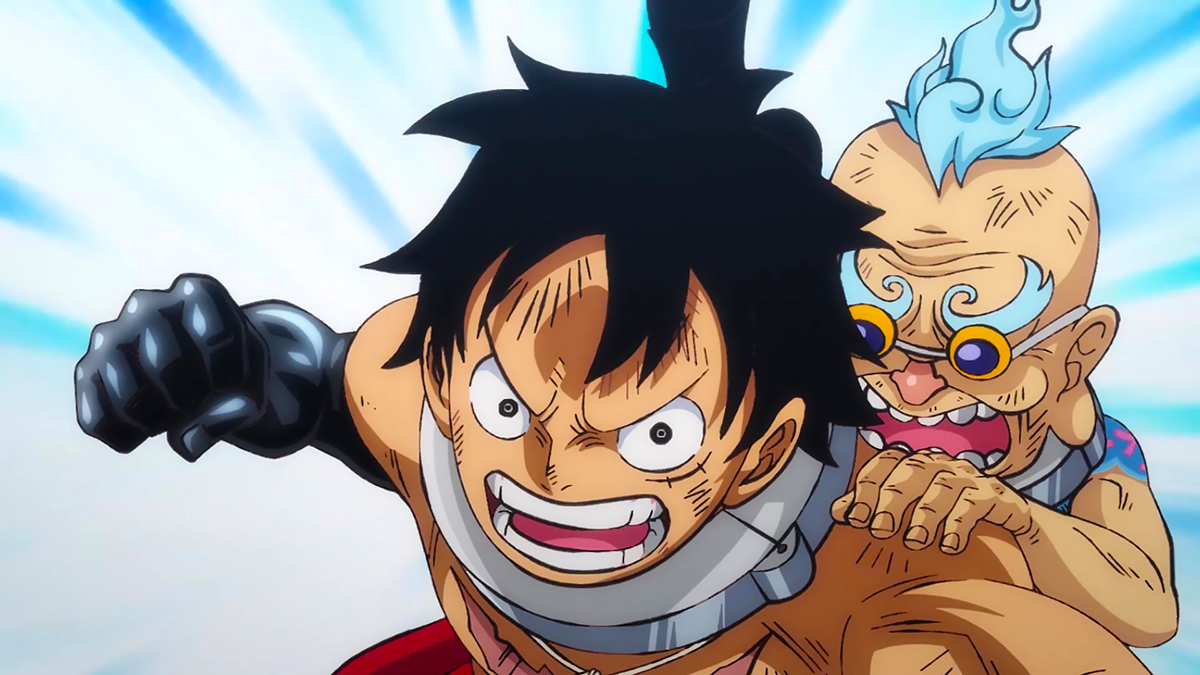

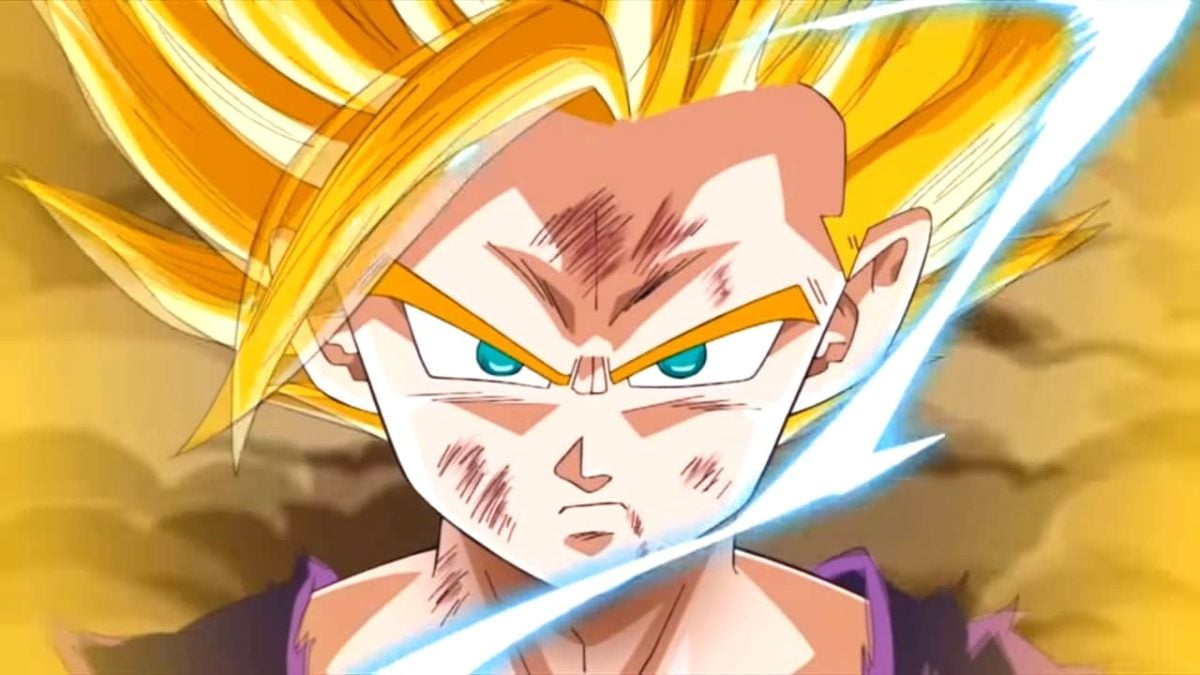
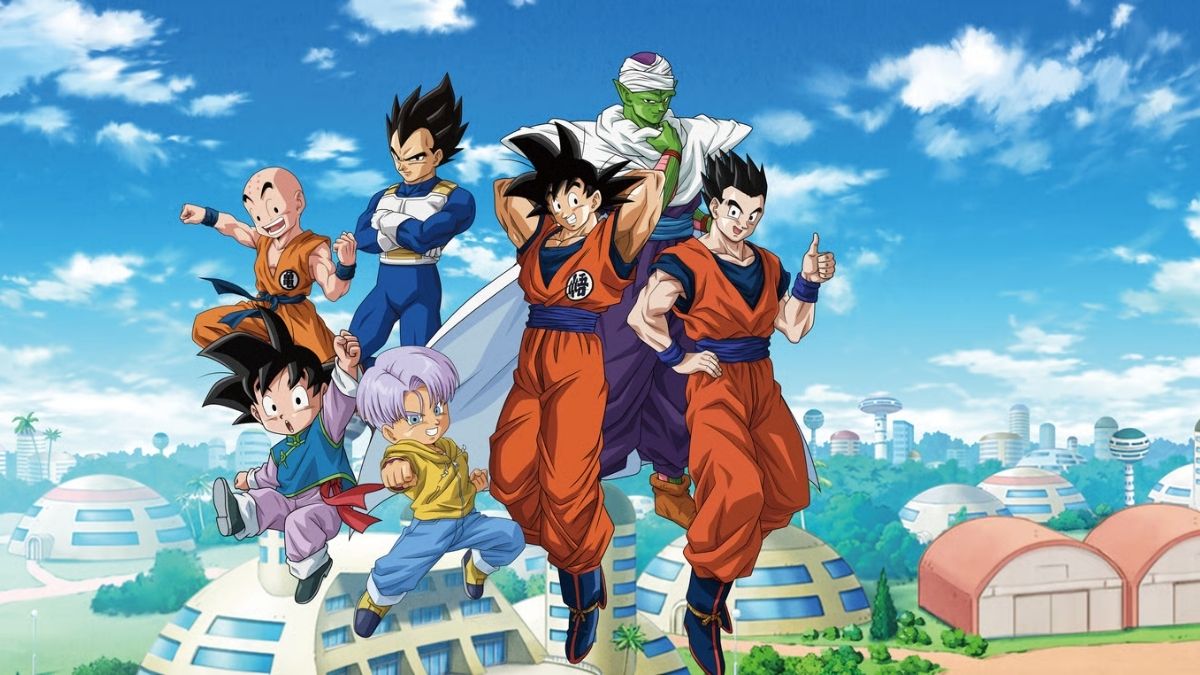
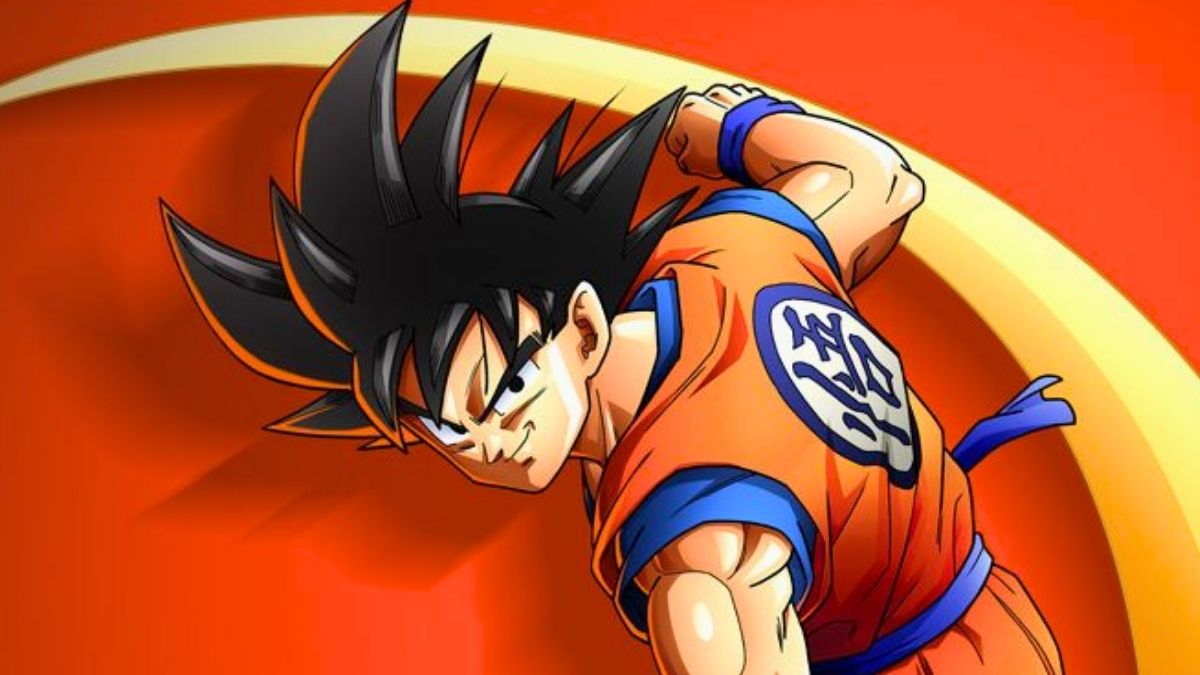
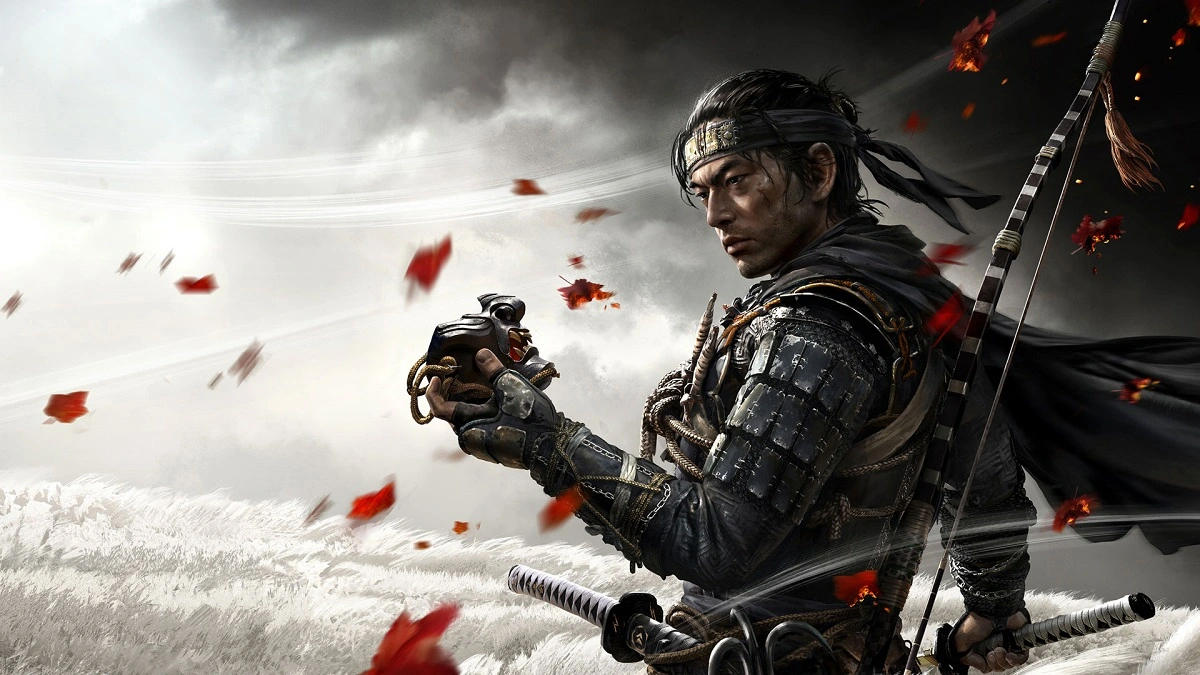


Published: Dec 12, 2023 03:57 pm